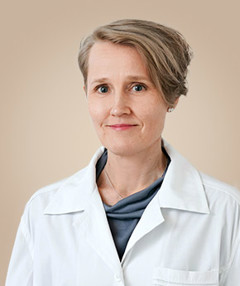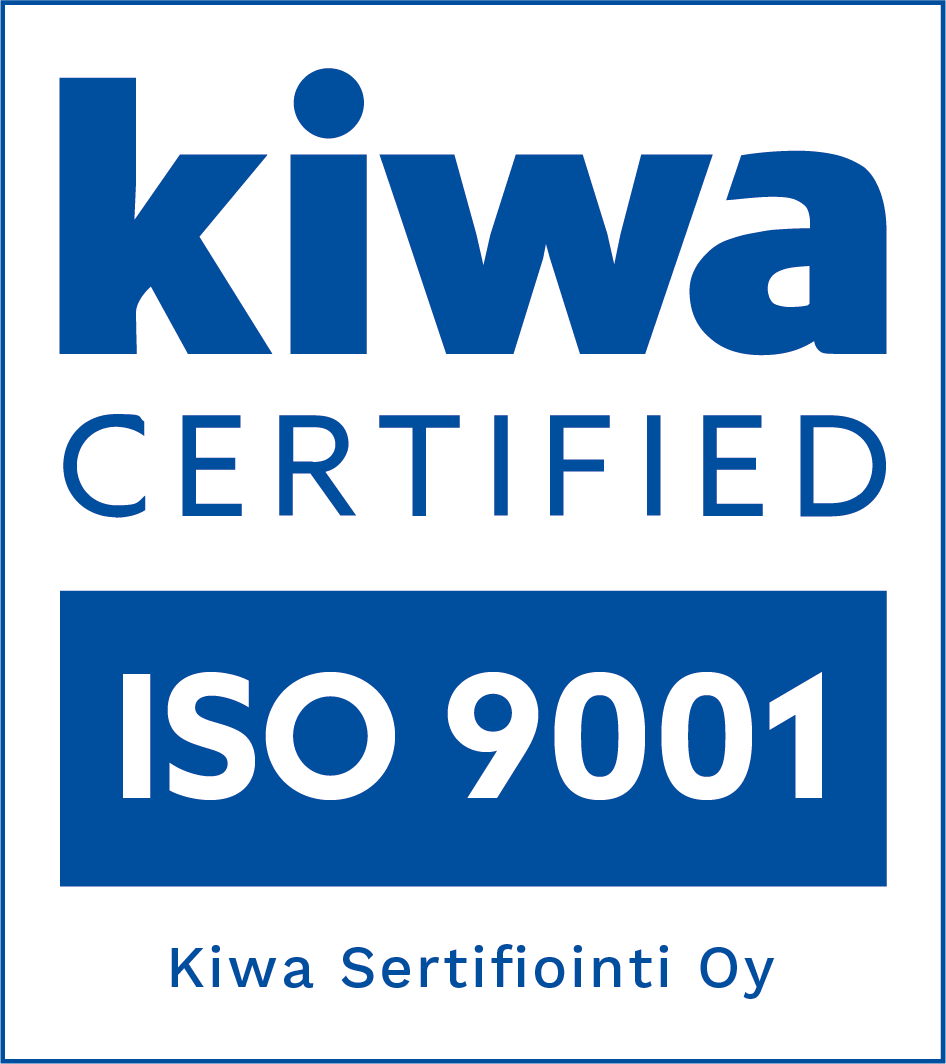

Thyroid gland diseases
The most common diseases of the thyroid are under-activity, i.e. hypothyroidism, and over-activity, i.e. hyperthyroidism. Because disorders of the thyroid can be associated with many different symptoms, there is good reason to check thyroid function using a blood test in uncertain situations.
An infection destroys the thyroid, antibodies stimulate
The commonest cause (95%) of an under-active thyroid is a chronic thyroid infection, i.e. autoimmune thyroiditis, in which the body produces antibodies against the thyroid tissue and damages the thyroid itself and the patient cannot do anything to influence the course of the disease.
There are also antibodies that stimulate thyroid function, they stimulate the thyroid to produce an excessive amount of thyroid hormone. This is called Graves’ disease, responsible for over-production in the thyroid in 80% of patients. The remainder (20%) are associated with an over-productive lump in the thyroid or an over-productive lumpy goitre.
Examination of the thyroid using a blood test
If a disruption of thyroid function is suspected, it is a good idea to check its activity. In general, a blood test is sufficient. If the results of this examination are clearly normal, it is possible to be sure that the thyroid is functioning normally, even though the symptoms might indicate a disruption of function. Patients and even doctors can sometimes find this hard to believe.
On the other hand, if the blood test has a divergent result, the nature of the disease must be examinated further. In that case, further blood tests are performed and the antibodies are examinated. Often, the thyroid also has to be examinated with the help of ultrasound and biopsies.
Treatment is relatively simple in cases of thyroid under-activity; in general, it is sufficient to take the correct daily dose of thyroxine, a cheap medication, in tablet form. However, some patients require more follow-up in order to balance the treatment.
Treating an over-productive thyroid is more complicated as, because of the over-production and other circumstances, it can initially be treated with several different medications and then with surgery and also radioactive iodine.
Begin with regular follow-up and then annual check-ups
When the disease has been diagnosed and treatment initiated, it is important to follow-up thyroid function with laboratory tests and check how the medication is affecting the patient’s symptoms.
In the event of under-activity, follow-up is required every 2–4 weeks and, when the situation has stabilised, annual tests and check-ups in the clinic are sufficient.
In the event of over-production, the follow-up is dependent initially on the treatment provided; only half of patients who take medication become completely healthy. Those who have undergone surgery or been treated with radioactive iodine later develop under-activity of the thyroid and are then treated with thyroxine.
With the right care, pretty much all patients become symptom free sooner or later. The goal is to achieve the same health as the patient had prior to them developing a thyroid problem.
Specialists
Price list
- Karhiaho Iiro, Specialist in Internal Medicine (no appointments nor now)
- Karjanlahti Nina, Specialist in Internal Medicine
- Niskanen Leo, Specialist in Endocrinology and Internal Medicine
- Rantala Heli, Specialist in Endocrinology
A clinic fee of 29,70 € will be added to the price of the appointment. The Kanta fee is 3,30 € and is charged for all visits where information is saved to the My Kanta Pages. Specialist-specific prices can be found in the specialist’s profile. Prices do not include laboratory or X-ray examinations.
-
 Diabetes
DiabetesOver 500,000 Finns suffer from diabetes (diabetes mellitus in Latin). This disease is divided into two groups: type 1 diabetes, where the body’s own production of insulin has decreased or stopped, and type 2, where there are disruptions to the effect of insulin in the body.
-
 Thyroid gland diseases
Thyroid gland diseasesThe thyroid is a small gland located at the front of the throat under the larynx. It produces thyroid hormones, which have an impact on metabolism.
-
 Metabolic Syndrome
Metabolic SyndromeMetabolic syndrome (MBS) is caused by disruption in the blood sugar balance (insulin resistance), resulting in the blood pressure rising and also an impact on the blood’s ability to coagulate and changes in the composition of the blood lipids. Metabolic syndrome can be asymptomatic for many years.







